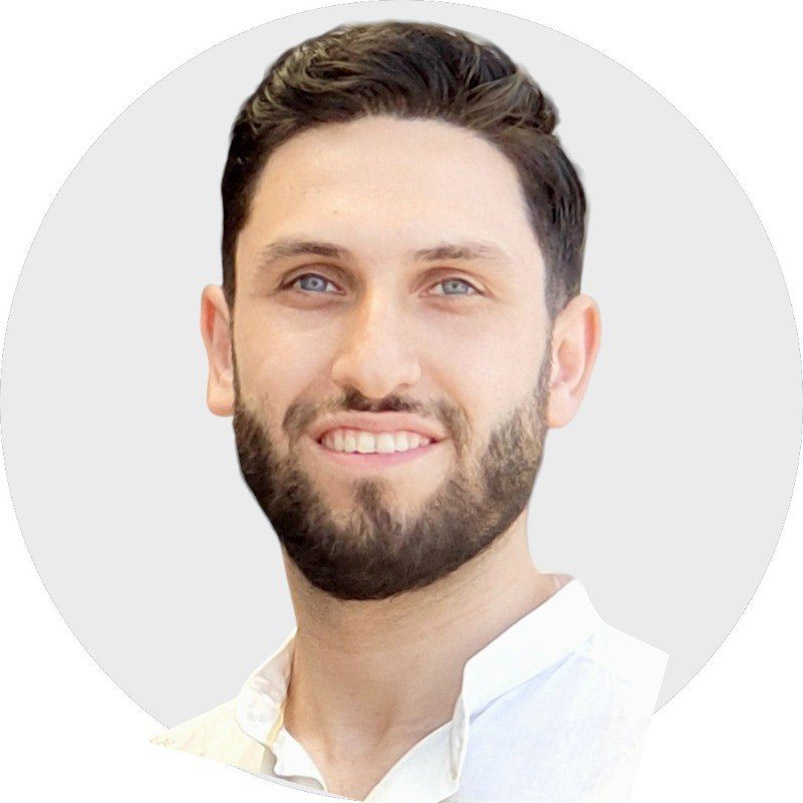 |
|
| PhD in Cell Biology | |
| LinkedIn: Mohammad-al-tarrass ; ORCID: 0009-0003-9337-9100 |
Biography
Mohammad Al Tarrass is a passionate early-stage researcher with a strong background in biochemistry, cell biology, and expertise in vascular biology. He holds a Bachelor's degree in Biochemistry from Lebanese University and completed a double diploma Master’s degree in Healthy Living Technologies with honors in 2019, through a collaborative program between Lebanese University (Lebanon) and the University of Grenoble Alpes (France). During this program, he performed his Master's internship at the Biomics Lab (CEA Grenoble), where he investigated the DNA-dependent protease SPRTN as a therapeutic target in cancer.
Following this, Mohammad began his PhD at CEA Grenoble-Biosanté, working within the BMP family in the angiogenesis and lymphangiogenesis team (BAL). His research focused on deciphering phosphoproteomic changes in response to BMP9 and BMP10 in endothelial cells. The aim was to understand the role of these ligands in vascular homeostasis and propose novel therapeutic approaches for treating rare vascular diseases, particularly Hereditary Hemorrhagic Telangiectasia (HHT) and Pulmonary Arterial Hypertension (PAH), which are associated with defects in their signaling pathways. He successfully obtained his PhD in Cell Biology from the University of Grenoble Alpes in 2023.
Throughout his scientific career, Mohammad has gained significant experience in various aspects of cellular biology, utilizing a wide range of molecular and biochemical techniques alongside advanced technologies (Mass-spectrometry). He has published three scientific papers, a book chapter, and presented his research at several national and international conferences (Researchgate).
In addition to his role in the MIMOSA project, Dr Al Tarrass is developing and validating, together with Dr Thomas Duflot, an analytical method for analyzing sphingosine and sphingosine-1-phosphate (S1P) species in biological samples (in vivo or in vitro models of cardiovascular disease) using liquid chromatography coupled with tandem mass spectrometry (LC-MS/MS). He will also investigate the role of S1P signaling in vascular endothelial cells and its significance in maintaining vascular and lymphatic barriers. This work builds on ongoing international projects led by the EnVI laboratory, including ANR PHASM (Dr Jeremy Bellien) and ANR CITE-LYMPH (Dr Ebba Brakenhielm).
